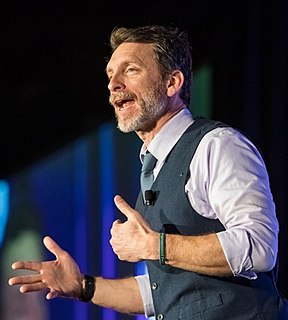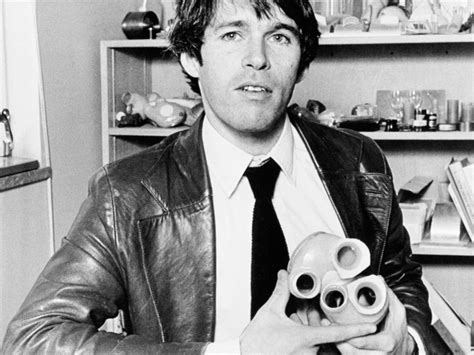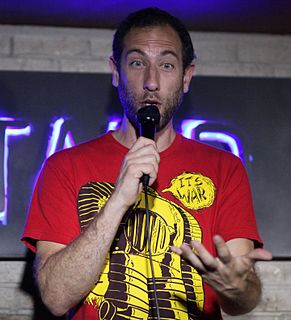A Quote by Aisha Tyler
For the record, I'm a clinical workaholic.
Quote Topics
Related Quotes
This is the hallmark of a robust biological system: political parties can perish in a tragic accident and the society will still run, sometimes with little more than a hiccup to the system. It may be that for every strange clinical case in which brain damage leads to a bizarre change in behavior or perception, there are hundreds of cases in which parts of the brain are damaged with no detectable clinical sign.




































